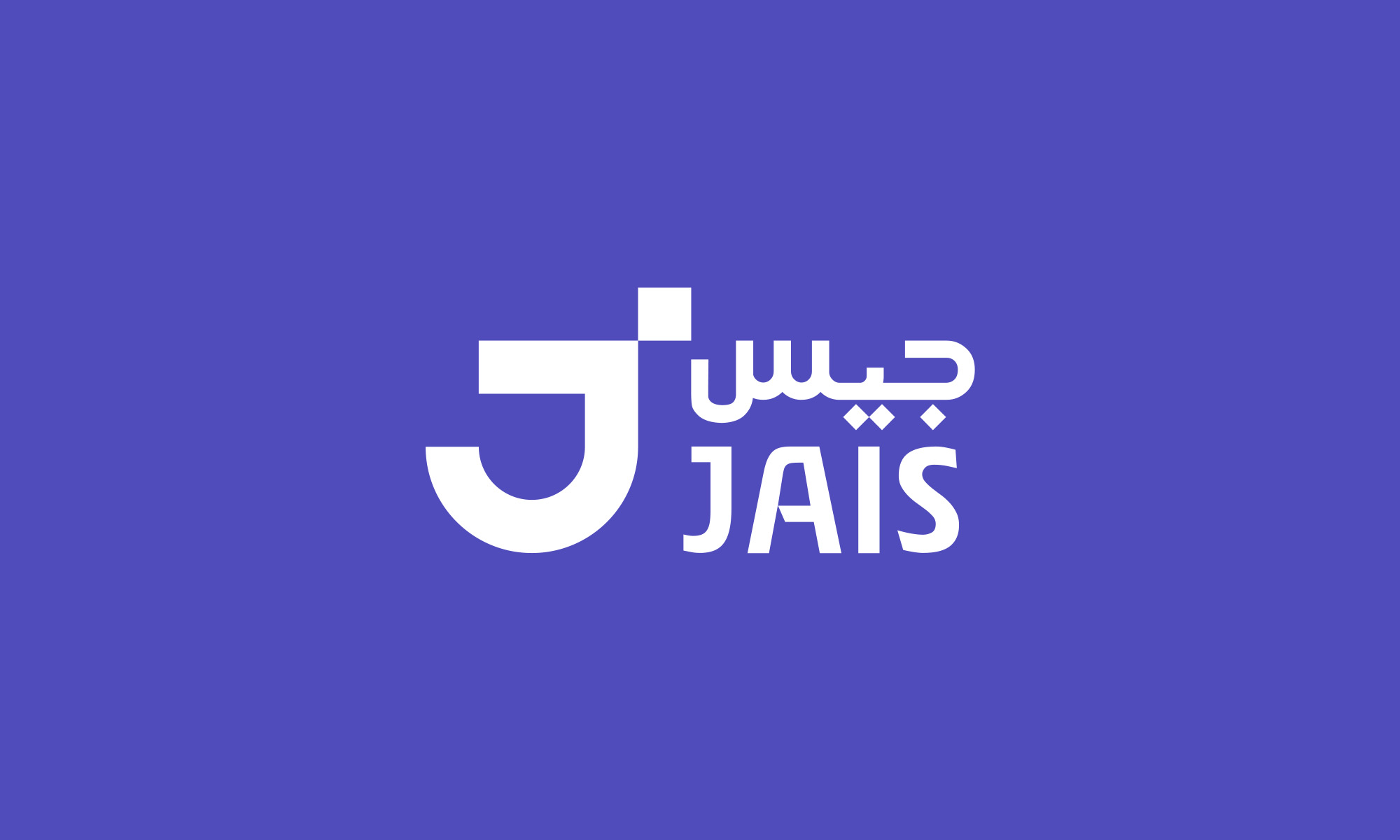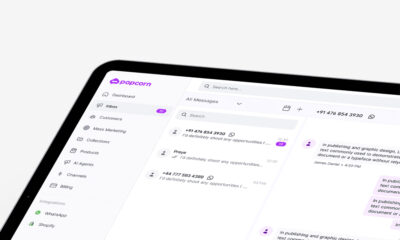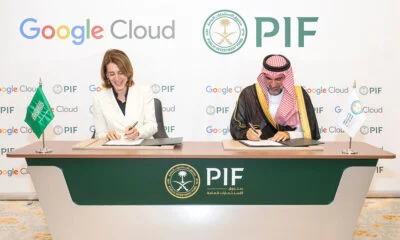News
Abu Dhabi-Developed AI Arabic Language Model Unveiled
The open-source bilingual model is called Jais and is more accurate than existing Arabic implementations, developers say.

A new AI Arabic language model has been unveiled by Abu Dhabi-based Inception, a subsidiary of G42. The project aims to bring one of the world’s most widely used languages into the AI mainstream.
Jais — named after Jebel Jais, the highest mountain peak in the UAE — was developed for government use and financial, energy, climate, and healthcare applications. The open-source bilingual Arabic-English model was built with additional input from the Mohammed bin Zayed University of Artificial Intelligence and Cerebras Systems, based in Silicon Valley.
Jais developers claim the new AI language model is more accurate than previous Arabic LLMs. The software also represents a further step towards encouraging scientific and computing communities to work in languages other than English.
“We see Jais becoming very useful in generative use cases, such as generating responses to questions, generating documents, translations, emails, and even providing advice and recommendations,” said Andrew Jackson, CEO of Inception.
As well as understanding context and cultural references, Jais can also capture linguistic nuances across various Arabic dialects, “making it more accurate and contextually relevant than other models,” the developers said.
Also Read: Ovasave Empowers Women To Tackle Difficult Fertility Choices
Jais was trained using Condor Galaxy, the “world’s largest AI supercomputer”, launched by parent company G42 and Cerebras in July. The software is continuously expanding as more Arabic content is curated, according to the companies involved.
WorldData ranks Arabic as one of the world’s most widespread languages, with over 400 million speakers. It is the official language of 22 countries and is partly spoken in 11 more. However, despite a dramatic rise in Arabic content, the language still only represents around 1% of the online space, according to data presented by G42 and Cerberus.
Jais software is available to download on the machine learning platform Hugging Face.
News
Samsung Smart Glasses Teased For January, Software Reveal Imminent
According to Korean sources, the new wearable will launch alongside the Galaxy S25, with the accompanying software platform unveiled this December.

Samsung appears poised to introduce its highly anticipated smart glasses in January 2025, alongside the launch of the Galaxy S25. According to sources in Korea, the company will first reveal the accompanying software platform later this month.
As per a report from Yonhap News, Samsung’s unveiling strategy for the smart glasses echoes its approach with the Galaxy Ring earlier this year. The January showcase won’t constitute a full product launch but will likely feature teaser visuals at the Galaxy S25 event. A more detailed rollout could follow in subsequent months.
Just in: Samsung is set to unveil a prototype of its augmented reality (AR) glasses, currently in development, during the Galaxy S25 Unpacked event early next year, likely in the form of videos or images.
Additionally, prior to revealing the prototype, Samsung plans to introduce…
— Jukanlosreve (@Jukanlosreve) December 3, 2024
The Galaxy Ring, for example, debuted in January via a short presentation during Samsung’s Unpacked event. The full product unveiling came later at MWC in February, and the final release followed in July. Samsung seems to be adopting a similar phased approach with its smart glasses, which are expected to hit the market in the third quarter of 2025.
A Collaborative Software Effort
Samsung’s partnership with Google has played a key role in developing the smart glasses’ software. This collaboration was first announced in February 2023, with the device set to run on an Android-based platform. In July, the companies reiterated their plans to deliver an extended reality (XR) platform by the end of the year. The software specifics for the XR device are expected to be unveiled before the end of December.
Reports suggest that the smart glasses will resemble Ray-Ban Meta smart glasses in functionality. They won’t include a display but will weigh approximately 50 grams, emphasizing a lightweight, user-friendly design.
Feature Set And Compatibility
The glasses are rumored to integrate Google’s Gemini technology, alongside features like gesture recognition and potential payment capabilities. Samsung aims to create a seamless user experience by integrating the glasses with its broader Galaxy ecosystem, starting with the Galaxy S25, slated for release on January 22.
























